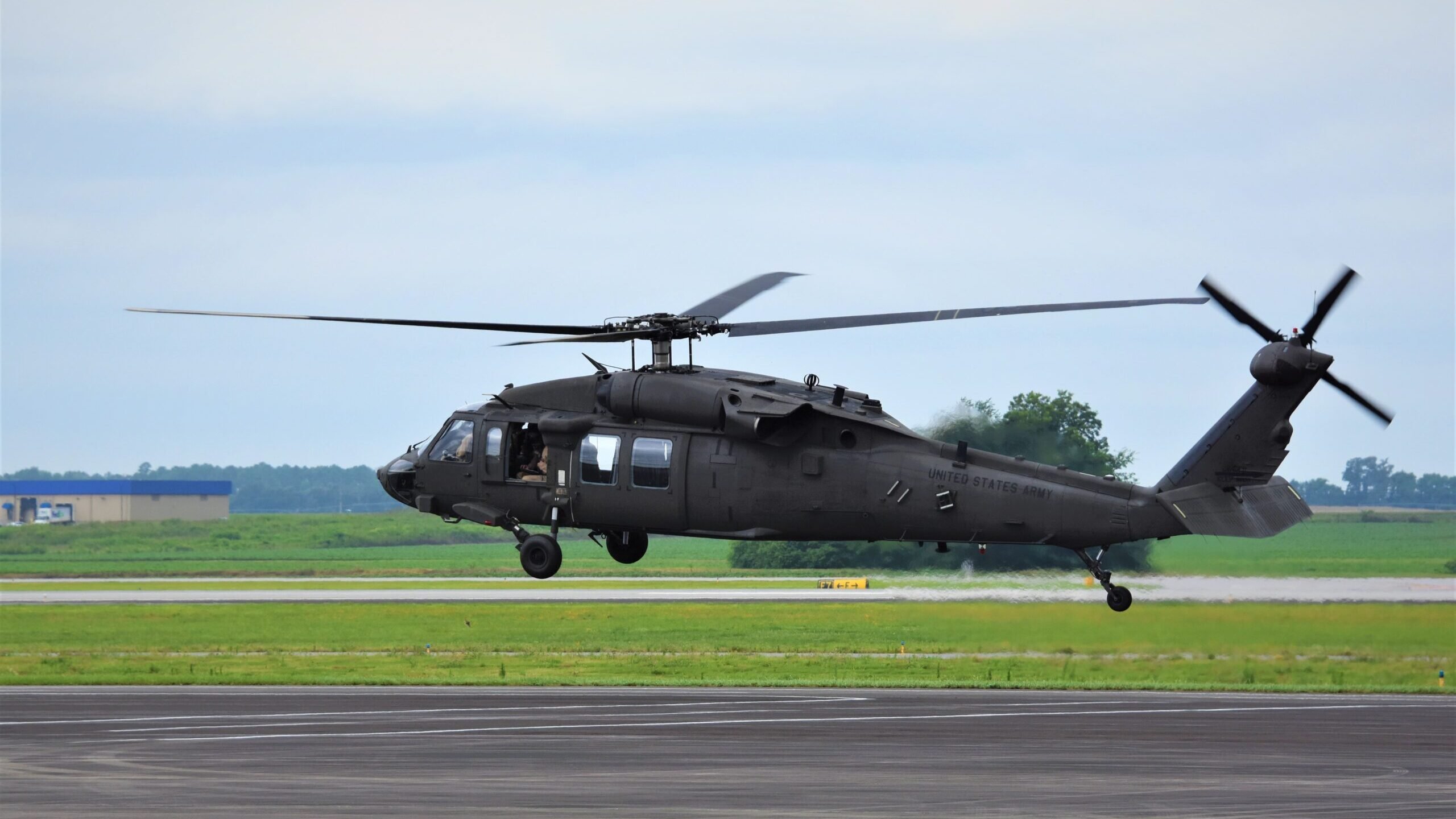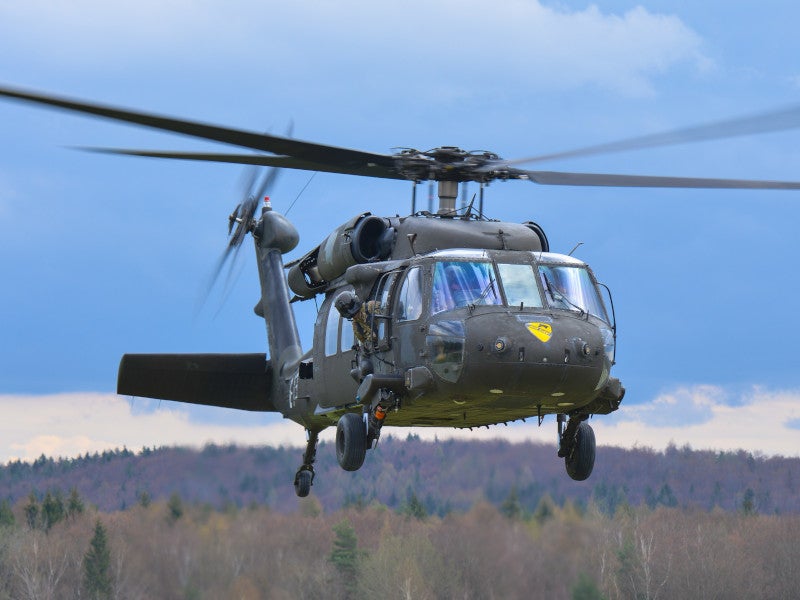UH 60 Helicopter: Advanced Avionics and Battle Solutions
UH 60 Helicopter: Advanced Avionics and Battle Solutions
Blog Article
The Duty of Aircraft in Shaping Global Transportation and Profession Dynamics
The development of aircraft has actually indelibly transformed international transport and trade characteristics, assisting in extraordinary levels of connectivity and performance. Via the facility of robust air cargo networks, companies can now browse worldwide markets with impressive rate and agility, thereby redefining supply chain techniques. However, this transformation is not without its challenges, as the aeronautics market comes to grips with sustainability concerns and governing stress. As we explore the multifaceted impacts of airplane on worldwide trade, it is necessary to take into consideration exactly how these aspects will certainly shape the future landscape of aviation and its role in the economy.

Evolution of Air Transport
The advancement of air transportation has actually been marked by substantial technological innovations and developments that have transformed the method individuals and goods relocate throughout the world. From the Wright siblings' very first powered trip in 1903 to the growth of supersonic jets, each milestone has actually highlighted the unrelenting quest of performance and speed in flight. Early aircraft were mostly rudimentary, restricted by engine power and architectural stability. However, the intro of sophisticated products and the rules of aerodynamics in the mid-20th century led to significant improvements in airplane efficiency, reliability, and security. uh 60.
The last component of the 20th century saw the appearance of business air travel as a practical setting of transportation, defined by the introduction of jet engines, which revolutionized flight by significantly minimizing flight times. Additionally, technologies in navigating and interaction innovations have boosted functional effectiveness and safety, enabling even more complicated trip courses and routines. The rise of air freight in parallel with guest services has better highlighted the versatility of aeronautics. As we want to the future, arising modern technologies such as independent and electric airplane guarantee to redefine the air transport landscape, guaranteeing ongoing advancement and adaptation to international needs.
Effect On Global Profession
Air transport has exceptionally improved worldwide profession by helping with the swift activity of items across large ranges. This expedited logistics capacity allows companies to react rapidly to market demands, thus improving supply chain performance. The ability to deliver subject to spoiling products, high-value items, and time-sensitive products has opened brand-new markets and possibilities for various industries, considerably affecting profession patterns.
In addition, the development of air freight networks has promoted globalization, making it possible for firms to resource materials and products from various components of the world flawlessly. This interconnectedness reduces preparations and expenses, enabling companies to stay competitive in an increasingly worldwide marketplace. Additionally, air transport plays a vital duty in shopping, where customer assumptions for quick shipment have driven a rise sought after for air cargo solutions.
The influence of aircraft on worldwide trade extends to the development of tactical profession courses, connecting regions and helping with global collaborations. Nations that buy air transportation framework usually experience boosted economic growth and increased international straight investment. Generally, the development of air transportation has not just changed the logistics landscape however has likewise become a vital part in the dynamics of worldwide trade.

Financial Benefits of Air Travel
A durable aviation sector produces significant financial advantages, contributing click this site to job creation, tourist, and total economic growth - uh 60. The aeronautics industry supports numerous jobs around the world, ranging from direct work in airlines and airport terminals to indirect roles in industries such as friendliness, transportation, and logistics. According to industry records, for every task in the aeronautics sector, roughly 3.5 added work are developed in the broader economic climate
Tourism is a crucial component of the economic benefits stemmed from air travel. Flight promotes international tourism, permitting travelers to explore diverse destinations, which consequently promotes neighborhood economies. Countries that buy their air travel infrastructure commonly experience enhanced tourist arrivals, resulting in higher costs on services such as restaurants, resorts, and destinations.

Furthermore, air travel improves international connectivity, allowing companies to access new markets and resources efficiently. This connection fosters international trade, permitting the quick movement of goods, which is vital in today's globalized economic situation. As an outcome, markets such as e-commerce and production benefit immensely from reliable air transportation, additional driving financial development. On the whole, the aeronautics industry remains a cornerstone of economic vitality, underscoring its essential function in shaping contemporary economic climates.
Obstacles Facing the Aeronautics Industry
Browsing an intricate landscape of regulatory, ecological, and economic challenges, the air travel market encounters substantial obstacles that threaten its sustainability and growth. Regulations surrounding safety and security are continuously evolving, requiring recurring compliance and adaptation from airlines and suppliers (uh 60). This can lead to raised operational prices and source allotment that interferes with advancement and growth initiatives
Furthermore, environmental problems have come to be extremely important, with expanding analysis over carbon exhausts and sound pollution. The market is under stress to take on greener techniques and technologies, which commonly call for significant investment in research study and growth. Balancing these ecological obligations with the need for flight presents a substantial challenge.
Financial fluctuations, such as increasing gas prices and geopolitical unpredictabilities, further make complex the landscape. Airline companies often face volatile operating expenses and fluctuating traveler need, which can affect success and lasting planning. Labor lacks and ability spaces in crucial areas add one more layer of complexity, hindering operational effectiveness.
Inevitably, dealing with these diverse obstacles is important for the air travel sector to maintain its critical function in global transportation and trade, while making certain strength and adaptability in a progressively open market.
Future Fads in Flight
Arising technologies and shifting customer choices are poised Learn More to improve the future of flight considerably. The combination of artificial knowledge and artificial intelligence is anticipated to boost operational my link performance, enhance flight terminal processes, and enhance client service. Anticipating analytics will certainly promote extra exact need projecting, enabling airline companies to enhance flight routines and prices designs.
Sustainability is ending up being a crucial motorist in air travel, with the air travel industry increasingly concentrated on lowering carbon discharges. Innovations in aircraft layout, such as electrical and hybrid propulsion systems, are being explored to meet ecological targets. The adoption of sustainable air travel fuels (SAFs) is anticipated to play a critical duty in attaining net-zero exhausts by 2050.
Consumer choices are moving in the direction of customized travel experiences. Airlines are spending in innovative data analytics to tailor services and improve customer involvement, ensuring a much more personalized trip from reserving to arrival. Furthermore, the increase of remote work might result in enhanced demand for leisure traveling, as people seek to combine work and vacation.
Verdict
The evolution of air transportation has actually changed global profession, generating significant financial advantages while additionally providing obstacles that need strategic monitoring. The ongoing adaptation of the aeronautics market will certainly be important for maintaining its payments to the international economic situation.
The latter component of the 20th century saw the development of industrial aeronautics as a practical mode of transportation, defined by the introduction of jet engines, which transformed air travel by dramatically decreasing flight times. The surge of air freight in parallel with guest solutions has even more highlighted the adaptability of aeronautics. Furthermore, air transport plays a crucial duty in e-commerce, where customer assumptions for quick delivery have driven a surge in need for air freight solutions.
On the whole, the development of air transport has not only changed the logistics landscape but has likewise come to be a crucial component in the characteristics of worldwide trade.
Sustainability is coming to be an essential driver in air travel, with the aeronautics industry increasingly concentrated on lowering carbon exhausts.
Report this page